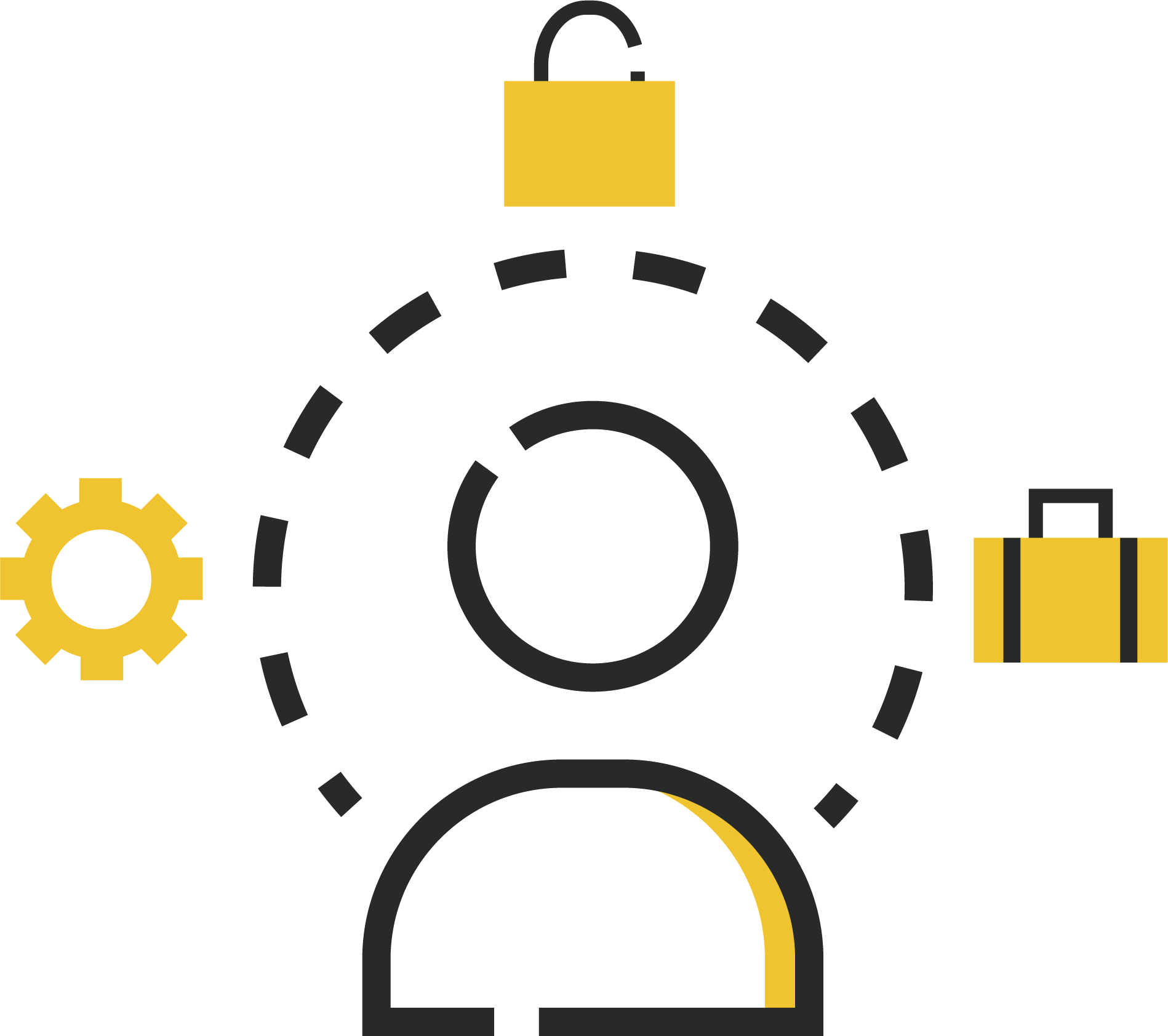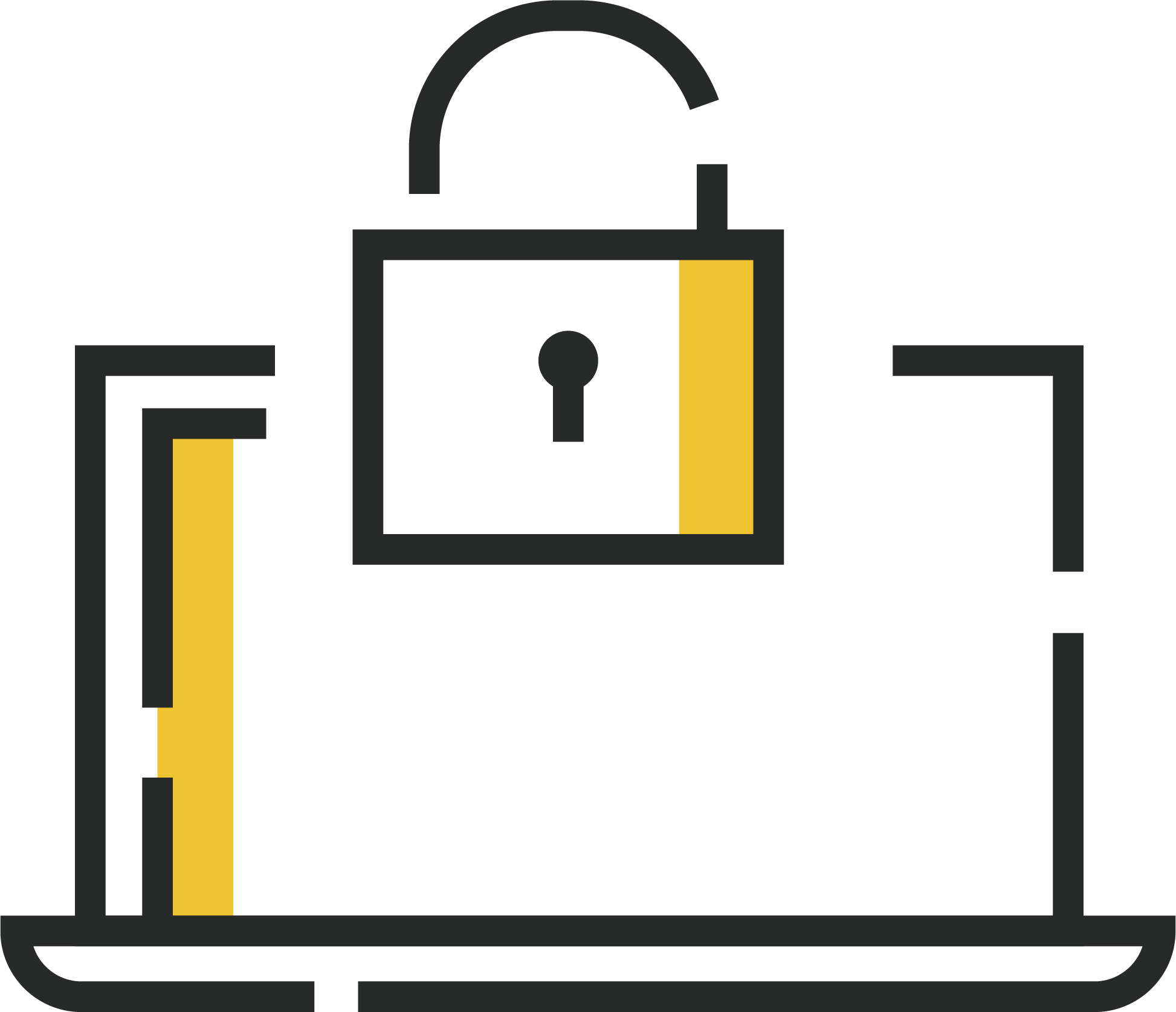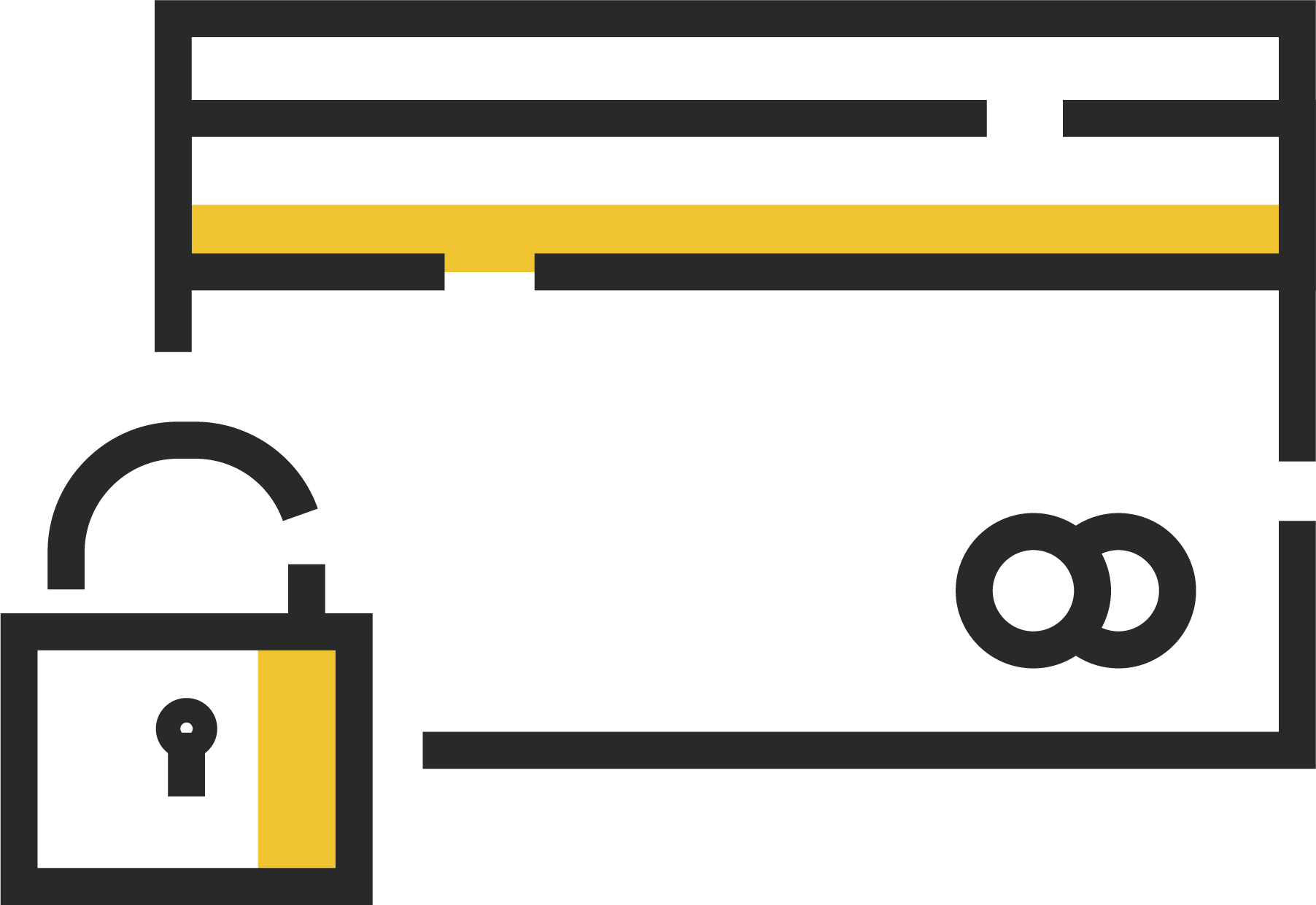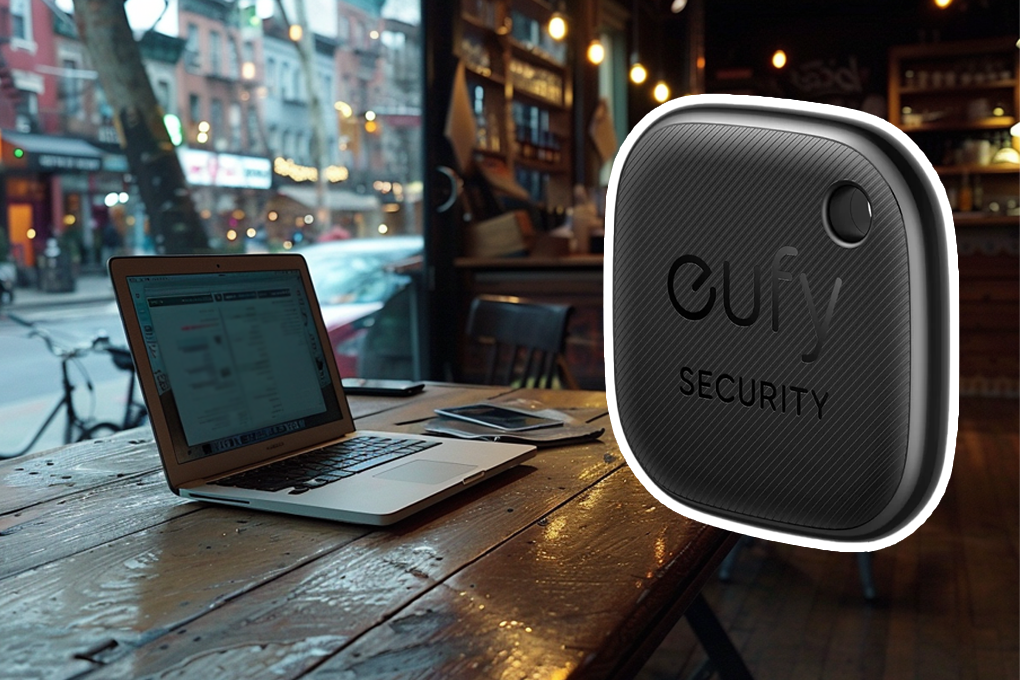The Importance of Communication Between Parents and Children
Parenting a teenager is a challenge. It can be difficult to know how much autonomy to give your child and how to have conversations about internet safety. As kids turn into teenagers, they begin to seek out advice and learn societal norms from their peer group more than their parents. They can also find this information on social media. That’s why it’s imperative for parents to discuss Internet safety with their kids before they become teenagers. Knowing how to stay safe online is a part of being a respectable digital citizen. And parents can teach those skills by communicating and using the right tools to protect your kids online.
But not every child listens to their parents, and some actively try to bend the rules. That’s why parental control apps can be an important tool for keeping kids safe, no matter their age, if they use Internet-enabled tools.
In this blog article, we’ll discuss how to have these important talks about Internet safety with your children, as well as the security solutions you can use to keep your kids safer online.
Contents
Prepare today for peace of mind tomorrow.
Get occasional tips about keeping your family and home safe — delivered to your inbox.
How to Talk to Your Kids About Internet Safety
Kids these days are known as digital natives. That means that unlike millennials, Gen X, or baby boomers, today’s young people never experienced a time before the Internet. It’s not uncommon to see a toddler playing a game or watching a children’s show on their parent’s phone. Kids grow up learning how to use Internet-enabled devices. Having an online identity is second nature to them. However, it’s important to bolster this skill with lessons from parents and guardians about the inherent dangers of the Internet.
When it’s time to talk to your kids about online safety, follow these steps:
- Educate yourself on Internet safety. Kids have a lot of questions and for a topic as important as this one, you want to be prepared with the correct answers. Ensure that you understand topics like phishing, computer viruses, identity theft, and the threats of online games (scammers, hackers, and identity thieves) and social media platforms (cyberbullying).
- Start conversations early. While you may need to have additional discussions with teenagers as they get older and use the Internet more, even young kids who use a cell phone or play games need to know the risks. Get into the habit of checking in with your child about their online connectivity and it will be second nature by the time they start to hit their teenage years.
- Practice what you preach. When talking about cybersecurity practices like using strong passwords or not sharing your digital information, be open and honest about how you incorporate these practices into your life. Young kids in particular adopt the habits of their parents. Make online safety a habit for everyone in your family and your child will be likely to do the same.
- Use analogies and examples. Identity theft, phishing, computer viruses… it can all be rather complex. Break down these concepts using real-life examples or analogies so young kids can comprehend how serious these cybercrimes can be. An analogy for a weak password (or not using one at all) could be leaving your house with the door wide open. For identity theft, you could compare it to pretending to be someone else to steal their things. Kids are pretty smart. Ensuring that they fully grasp these concepts will make talking about more serious issues easier when they’re older.
- Set boundaries. Discuss with your kids what content is appropriate for their age and the amount of time they can access the Internet. Keep in mind that the more time kids spend online, the higher the likelihood of something bad happening.
Setting Screen Time Limitations
According to Common Sense Media, US teens spend an average of more than seven hours per day on screens for entertainment, and tweens spend nearly five hours, and that doesn’t include time spent using screens for school and homework.
Consider setting aside a short period of time each day during which teens can play online games or browse the Internet. If you’re looking for additional information on talking to teenagers about Internet safety, here are several resources:
- Cyber Security Awareness Alliance
- Internet Matters
- Talking to Your Child About Online Safety
- Consumer Notice
- GCF Learn Free
- Internet Safety 101
How to Protect Your Kids Online with Parental Control Apps
Communication and boundaries are all well and good, but as parents know, you sometimes need to buffer trust with firm tools. While it would be great if kids did as they were told all the time, that simply can’t be expected. This is especially true when it comes to Internet access. Many online games and social media apps are specifically programmed to be addictive. Kids haven’t fully developed the conscious awareness to recognize and resist those techniques.
Parental control apps, as discussed, are not just about monitoring or restricting online activity; they’re about empowering parents to guide their children through the digital world safely. By choosing the right tools, parents can balance the benefits of online access with the need for protection, ensuring their children can explore, learn, and connect in a secure manner.
– Kurt Sanger Cybersecurity Expert
Parental control apps can give parents peace of mind when it comes to their kids using Internet-enabled devices. There are many different kinds of parental control apps, but in general, they try to achieve the same goals:
- Monitor devices and device apps. If you have a tech-savvy child, they may be well-equipped to download games and social media apps without batting an eye. However, you may not want your child to have certain apps on their device.
- Scan search engines. As children get older, they naturally get more curious about the world around them. Sometimes, it can be easier for them to google something than ask their parents or another trusted adult. While there isn’t anything inherently wrong with that, you may want to know if your child is searching for anything you find inappropriate, like drugs or sexual content.
- Block app features. If you’ve seen a news story about a toddler racking up an outrageous bill on an online game while using their parent’s cell phone, you’ll understand why this feature is so helpful. Children may not understand the physical cost of buying digital components for their online games. Until that understanding has been established, you can control features such as payments on certain apps using the parental control tools.
- Set screen time limits. Given how much time today’s generation is spending online, you might be tempted to take their digital devices away altogether. However, you should use this opportunity to communicate with your child about how to build healthy Internet habits. Explain that having dedicated times of the day to go online will help them be happier and healthier than doom-scrolling through Instagram or TikTok all night.
- Limit sharing of personal information. Hackers can guess weak passwords just by knowing a little bit of information about a person. The year they were born, their pet’s name, their address. These seemingly insignificant details can be shared haphazardly while online, or simply be available based on what someone shares on social media. Then they can become the target of phishing scams or identity thieves. Parental control apps allow you to monitor what information your child is giving out, so you can determine whether there’s any oversharing that you need to address.
- Expose cyberbullying. Being bullied can be a shameful experience, whether it happens in person or online. Children can be embarrassed to share what’s happening to them, even if they have a close relationship with their parent or guardian. Parental control app monitoring allows you to see what your child is engaging with online and identify cyberbullying. You could also monitor whether your child is bullying another child and put a stop to it.
While we support the use of parental control apps for children’s safety, parents should not use them to spy on young people. During conversations about Internet safety, let your kids know that you are installing parental control apps and how they will be used. Make sure to emphasize that it is for their safety.
Parental control apps also aren’t a replacement for monitoring your child’s use of Internet-enabled devices. They are a helpful supplemental tool, but not infallible. Use them as a security solution that complements your family’s overall cybersecurity safety plan.
Our Expert Recommended Parental Control Apps
Given the many benefits of using a parental control app, you might be googling “best parental control app” right now. However, our expert advisors here at Batten have already done the hard work of researching the best apps currently available. The following are the most secure, easy-to-use security solutions, according to our experts:
Qustodio: Qustodio is our favorite all-around parental control app for millennial parents who expect a well-designed and intuitive mobile app experience. We particularly enjoyed how convenient it is to manage the controls. Great for parents who want to put Internet access guardrails on their children’s smart devices.
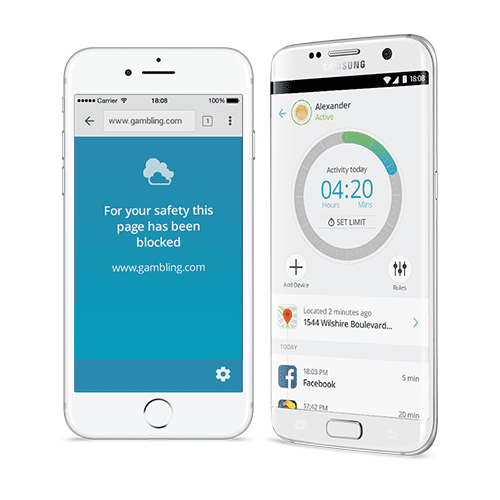
Circle: Circle connects to your home’s Wi-Fi, so you can set controls on your kids’ hardwired devices, like video game consoles. One application of this is putting time limits on gameplay. Best for parents whose children spend too much time playing video games.
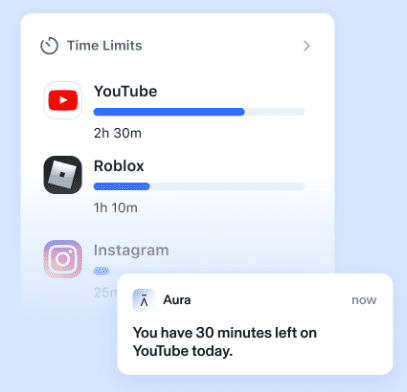
Aura: Aura’s intuitive UI makes signing up and accessing the home dashboard simple. You can use a password manager, VPN, ID protection, and antivirus with one subscription. There are no term limits, so you can try Aura risk-free.
Choose the best parental control app based on your child’s lifestyle and online security needs. No one app is perfect for everyone, which is why our experts picked three.
Create Your Family’s Cybersecurity Plan
Why stop at parental control apps when it comes to protecting your family? It’s not just young teens who could use extra security when using the Internet to protect your kids online.
Is everyone in your family educated on and protected against threats such as computer viruses, identity theft, and phishing? It may be time to consider additional cybersecurity solutions for the entire family. You can learn more on the Cybersecurity section of our blog or head to the Batten Marketplace to compare the top recommended products directly.
